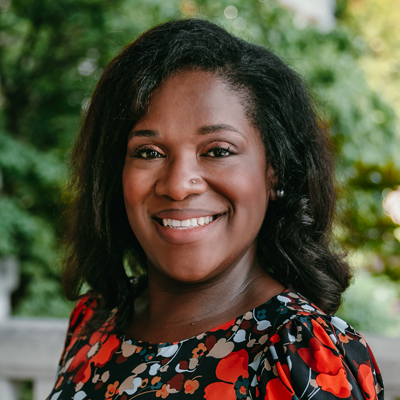Aaron Campbell
- Assistant Professor
Aaron R. Campbell, Ph.D. is an Assistant Professor of Special Education in the College of Education and Human Development at the University of Missouri. Dr. Campbell’s research involves equitable intervention delivery within a multi-tiered behavior support framework focused on preventative strategies for improving student academic, social, emotional, and behavioral outcomes, particularly in culturally and linguistically diverse learners and those students being educated in underserved communities. Dr. Campbell currently serves as the director of an inaugural undergraduate and graduate student research lab focused on refining and testing interventions to reduce exclusionary discipline practices, improve student teacher relationships, increase instructional and classroom time for marginalized students with or at risk of an Emotional and Behavioral Disorder (EBD), and culturally responsive Social Emotional Learning (SEL) and culturally responsive Positive Behavior Interventions Supports. Dr. Campbell also provides technical assistance to state, district and school level teams across the nation on preventative practices, including addressing implicit bias in classroom management, school discipline, effective classroom behavior management strategies, and culturally responsive SEL. Dr. Campbell’s teaching and research focus on culturally responsive intervention delivery within a multi-tiered behavior support framework with a specific emphasis on supporting historically marginalized children and youth in schools and communities.
Affiliations
- Association of Positive Behavior Support (APBS)
- University of Missouri School-Wide PBS Center
- Council for Exceptional Children (CEC)
- CEC- Division of Research
- CEC- Division of Emotional and Behavioral Health
- Midwest Symposium for Leadership in Behavioral Disorders (MSLBD)
Areas of Expertise
- Positive Behavioral Interventions and Supports
- Social-emotional learning
- Exclusionary discipline alternatives
- Impact of racial disproportionality and school discipline
- Implementation and sustainability of evidence-based practices
